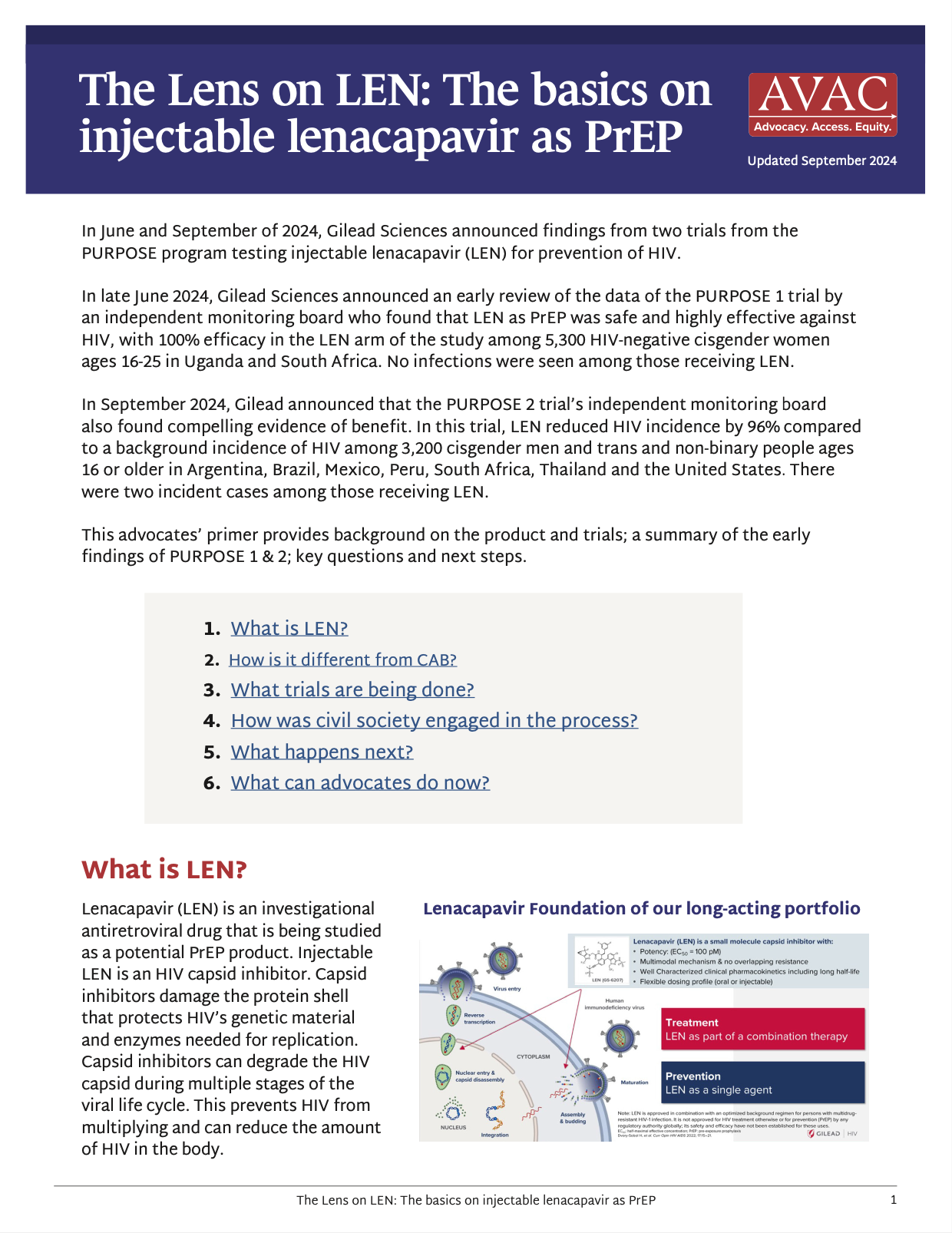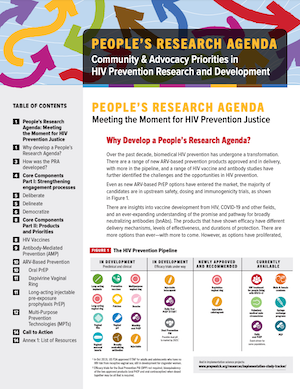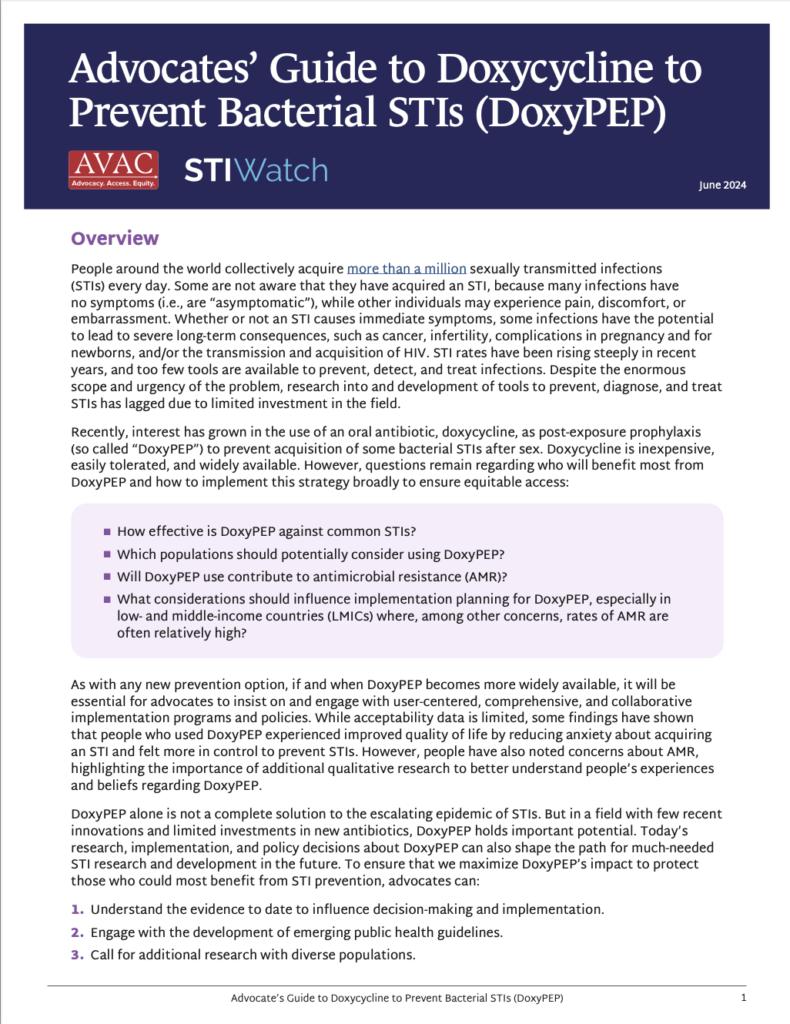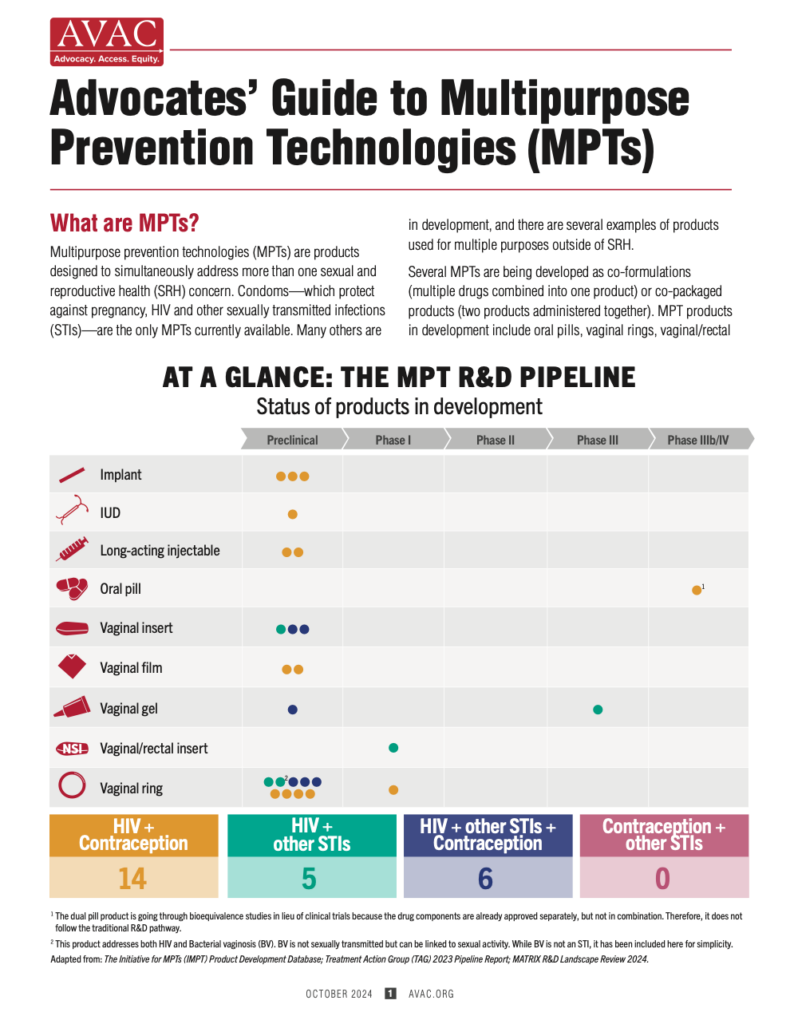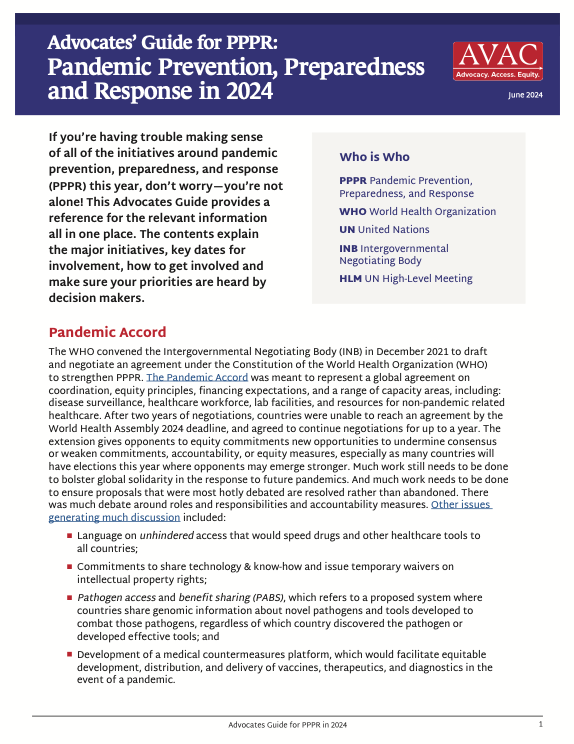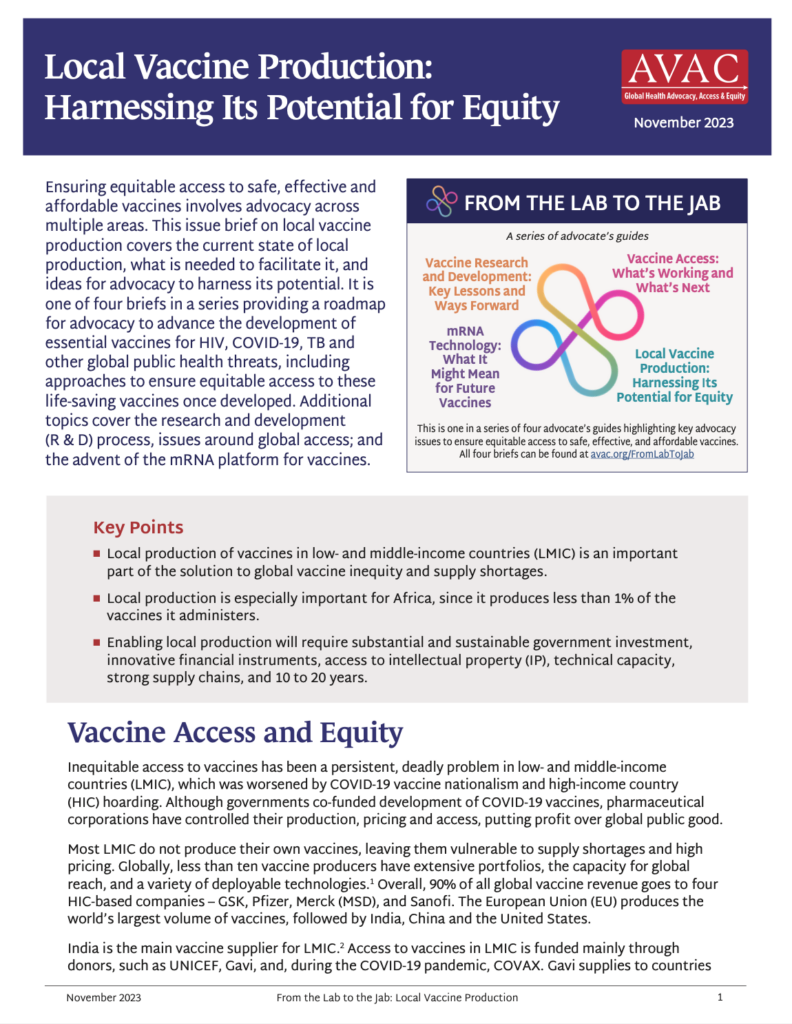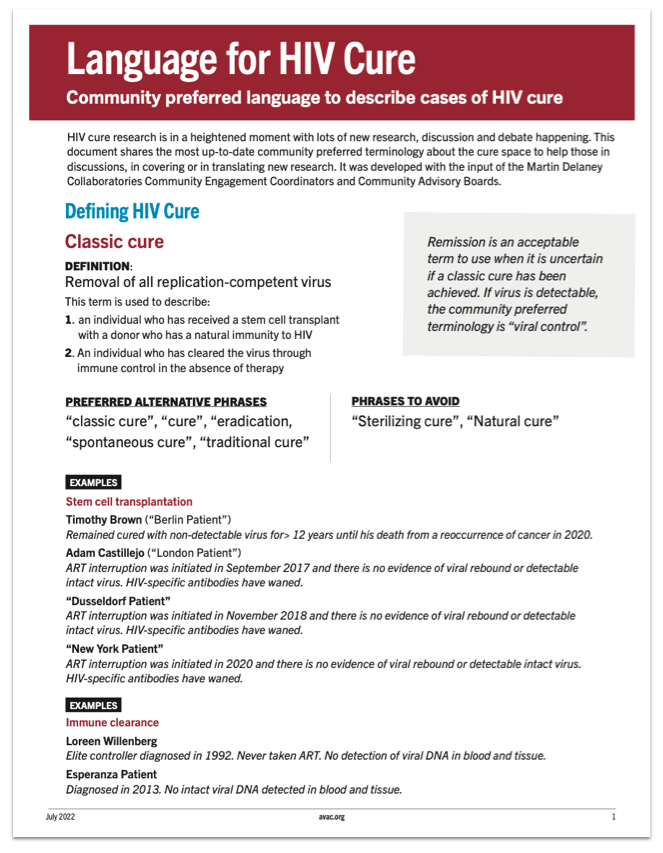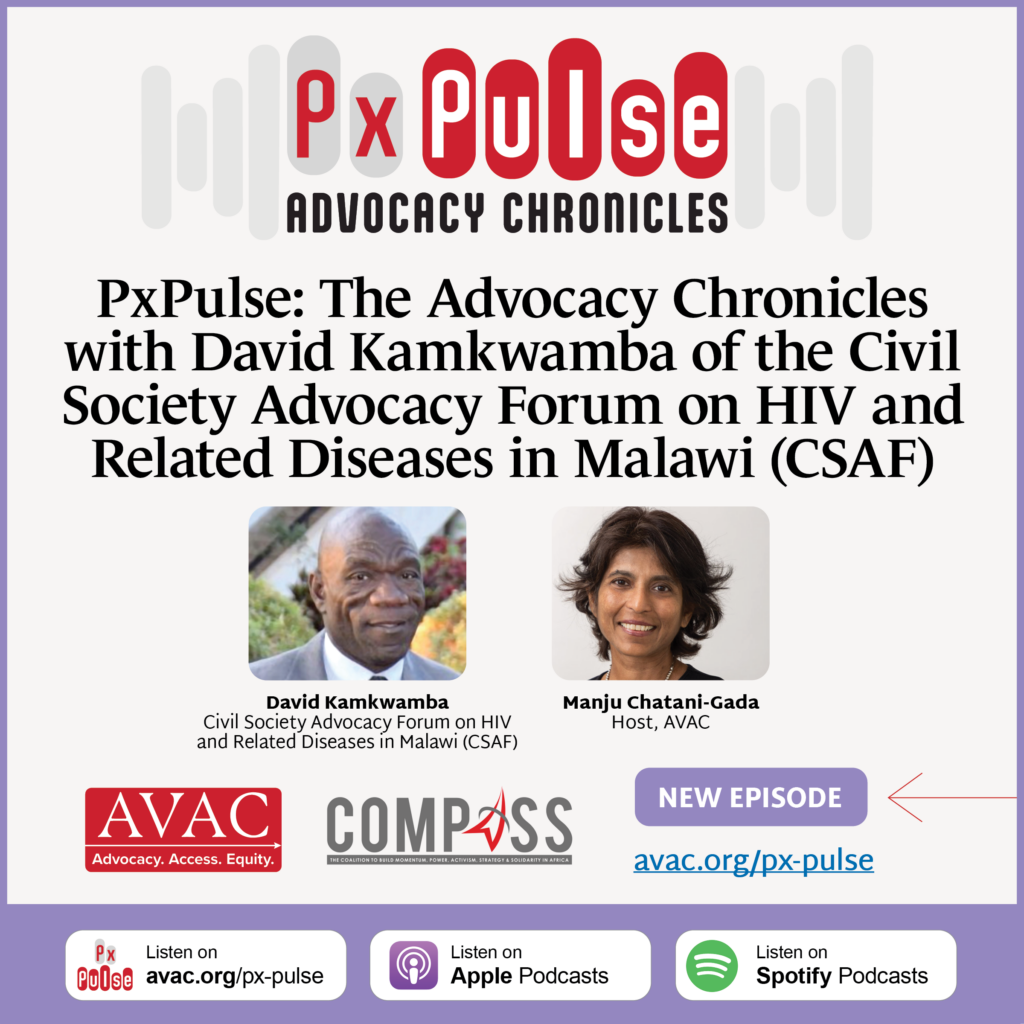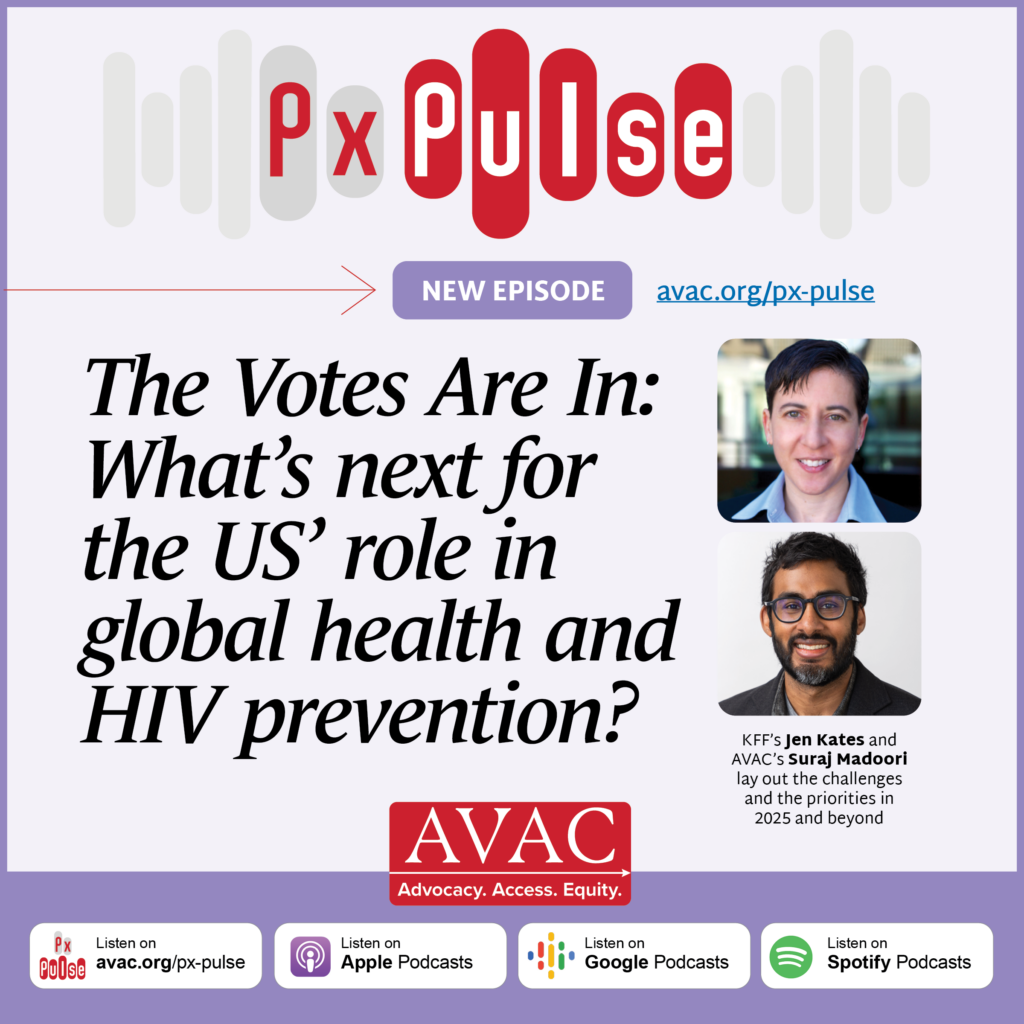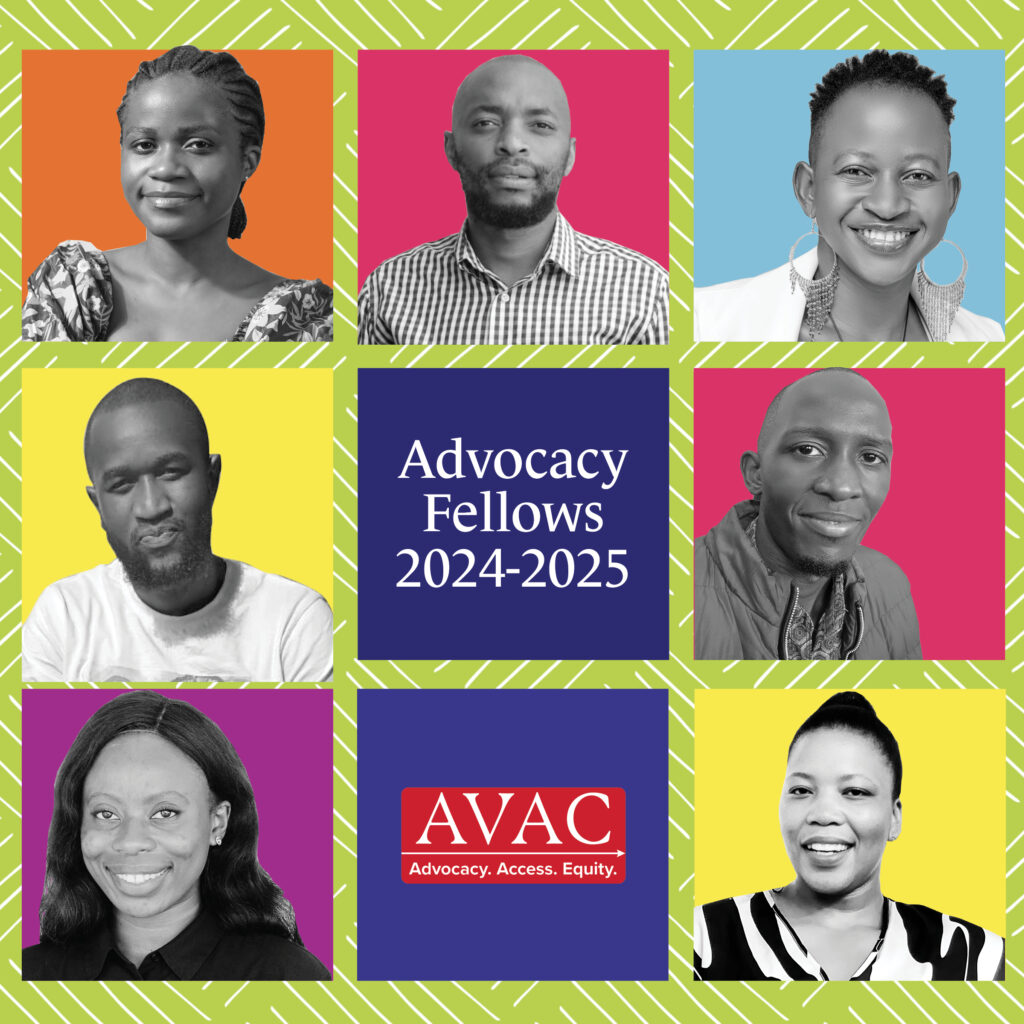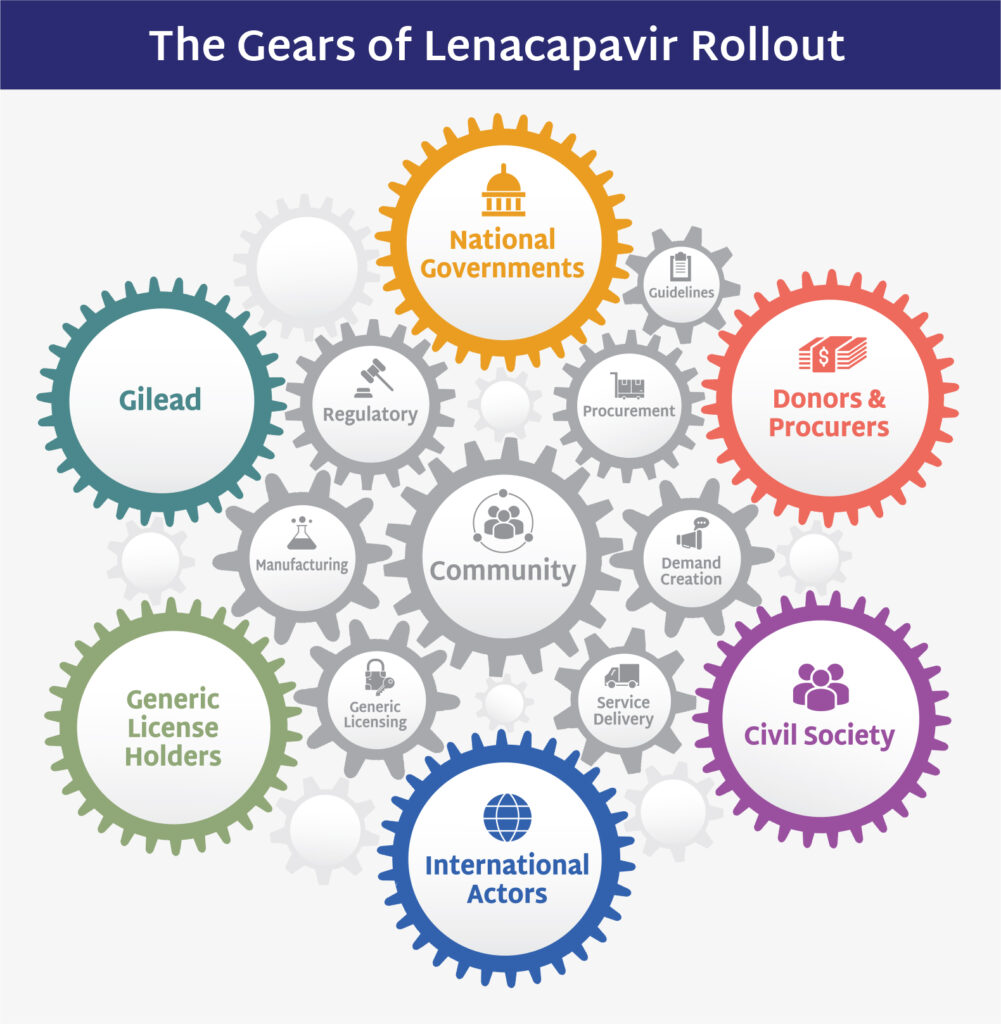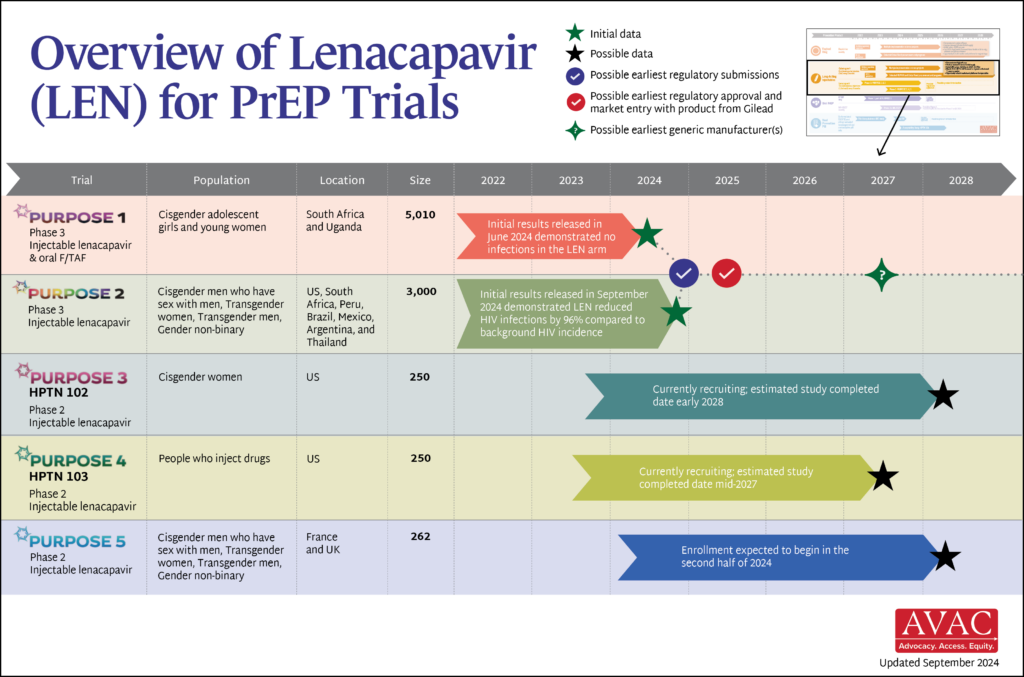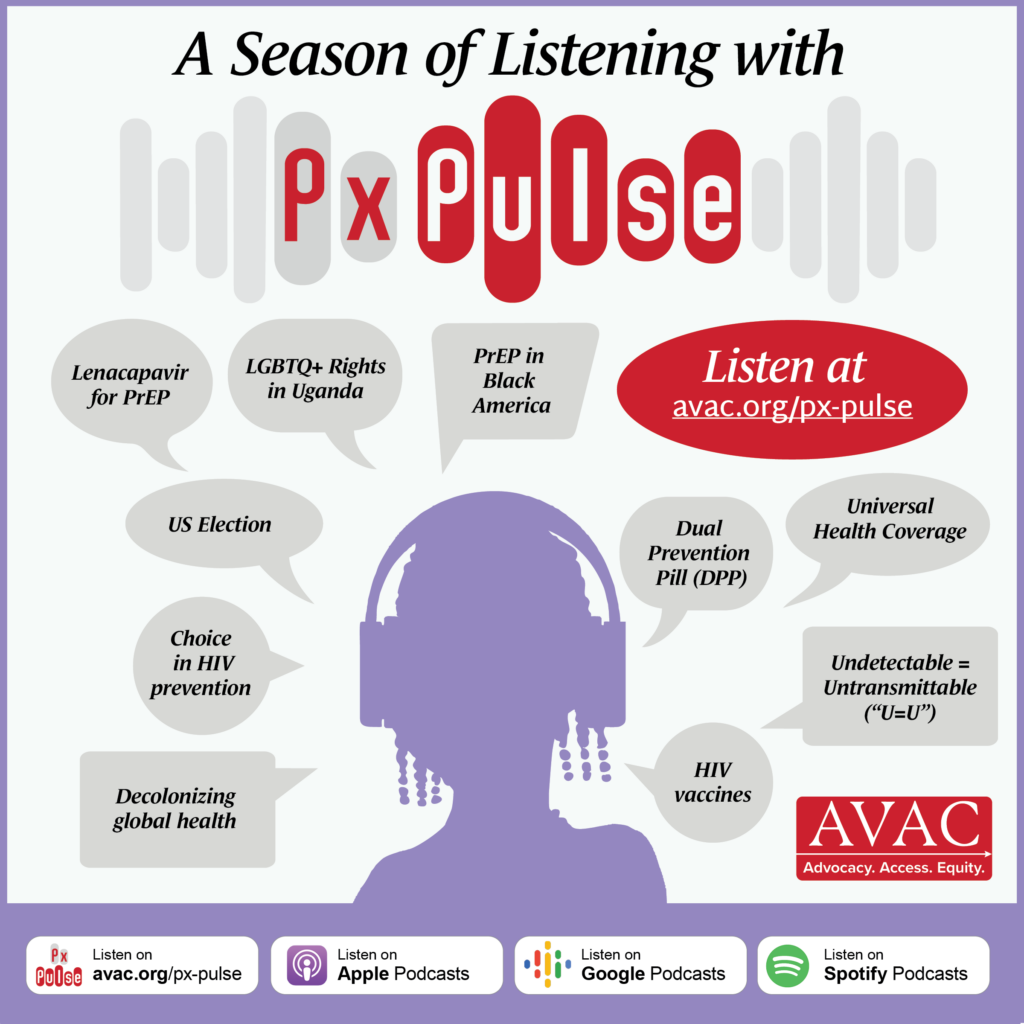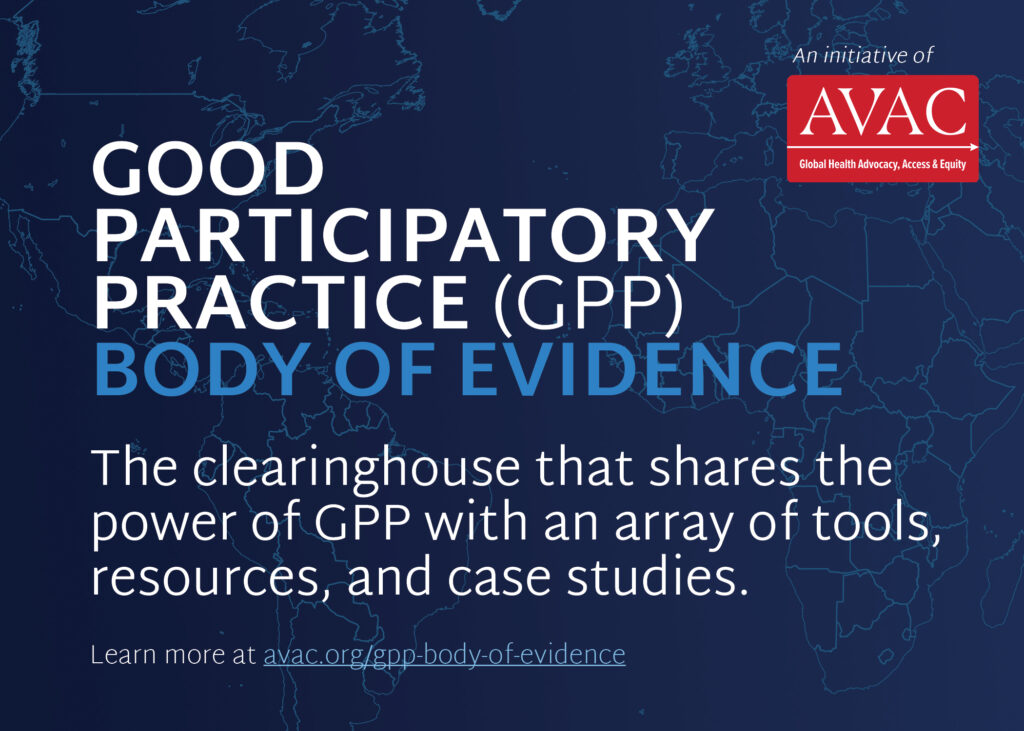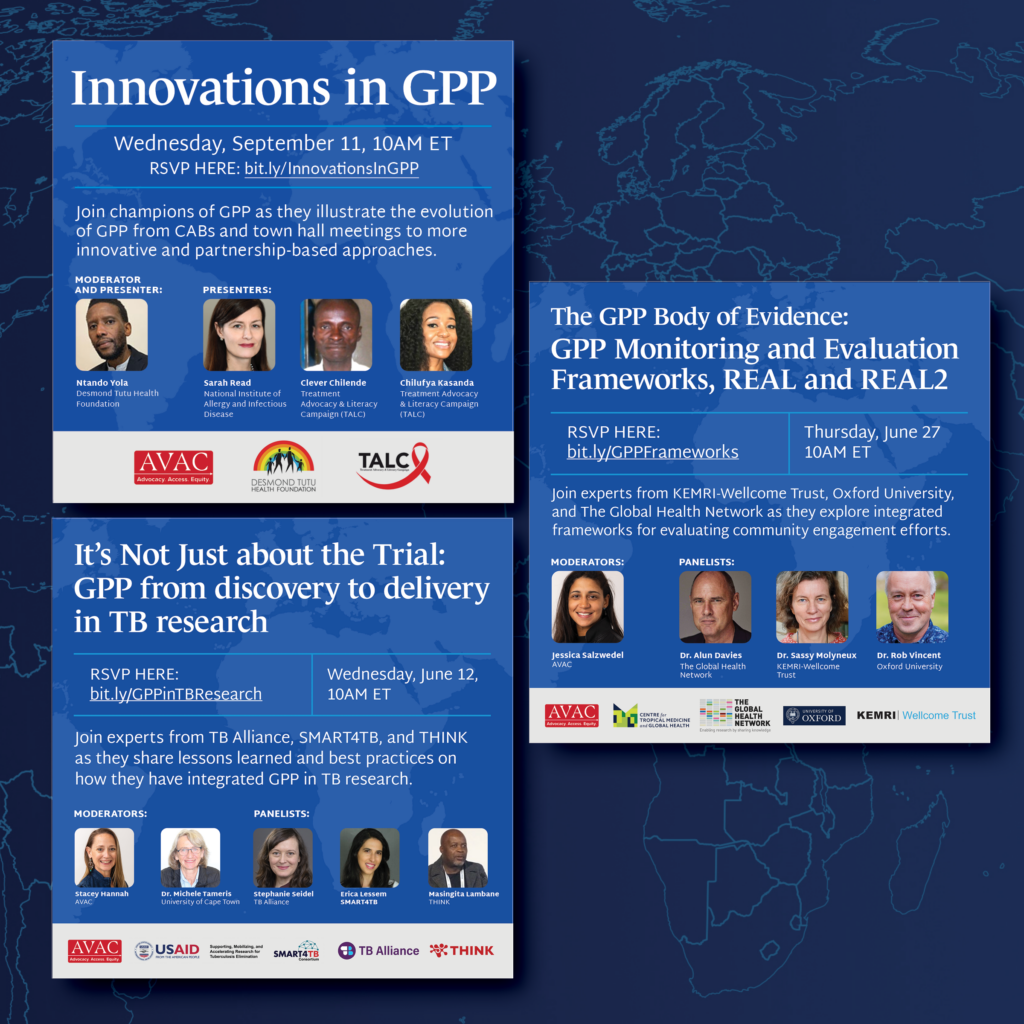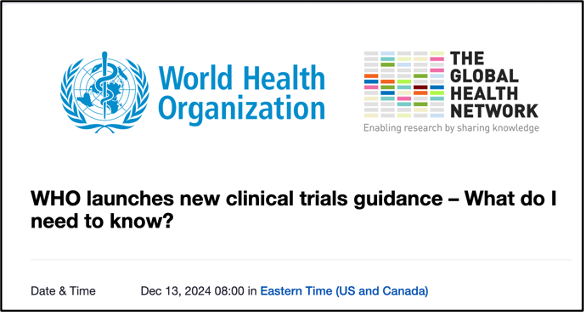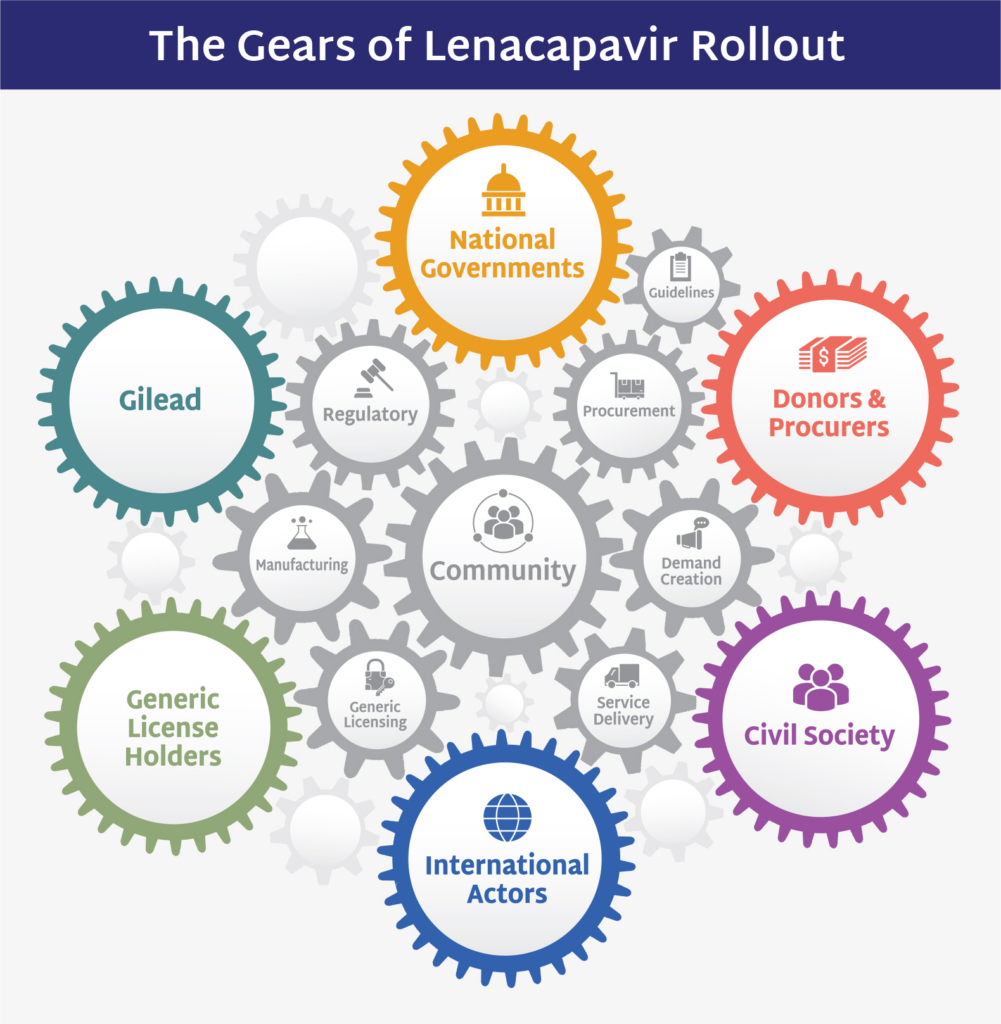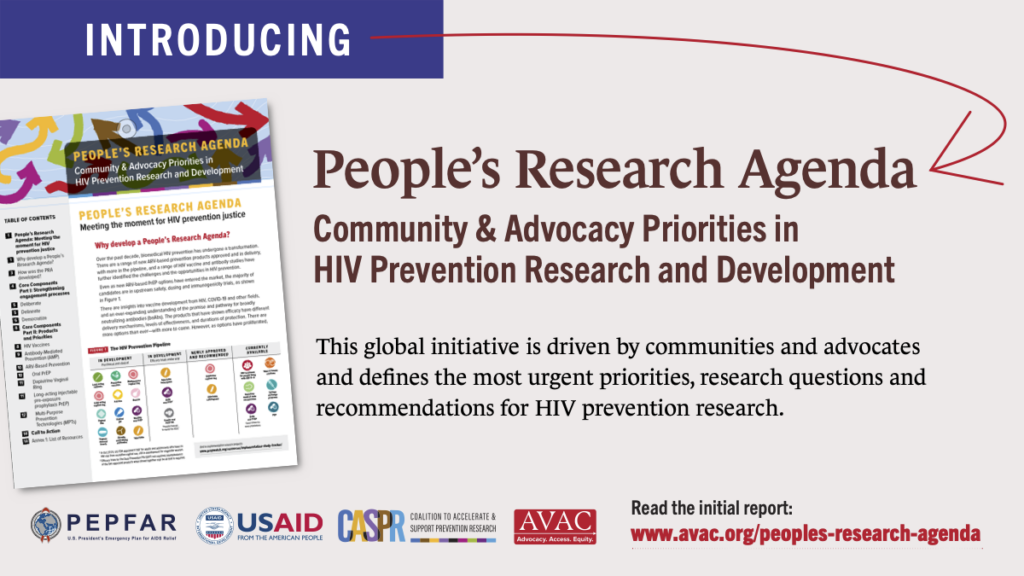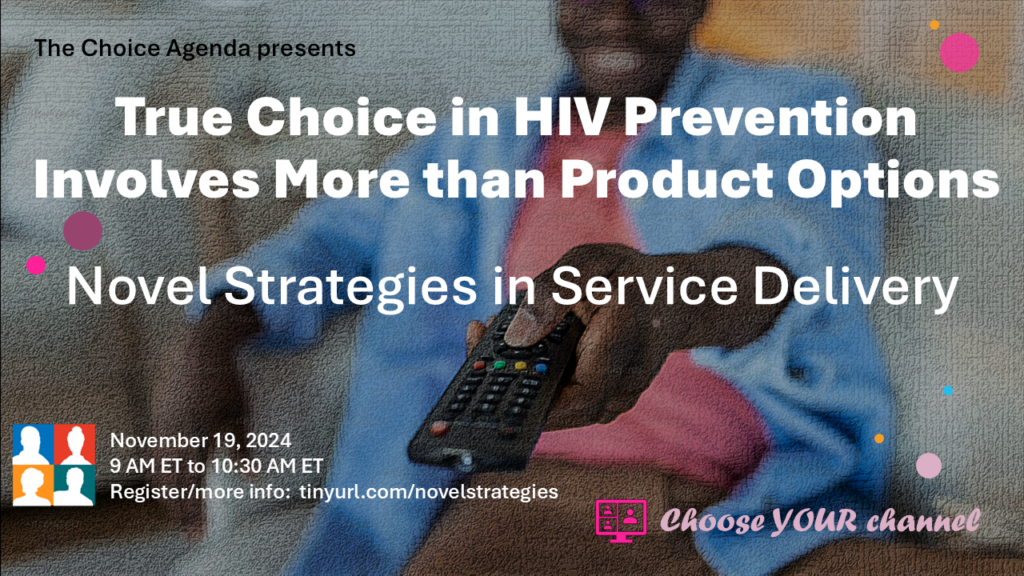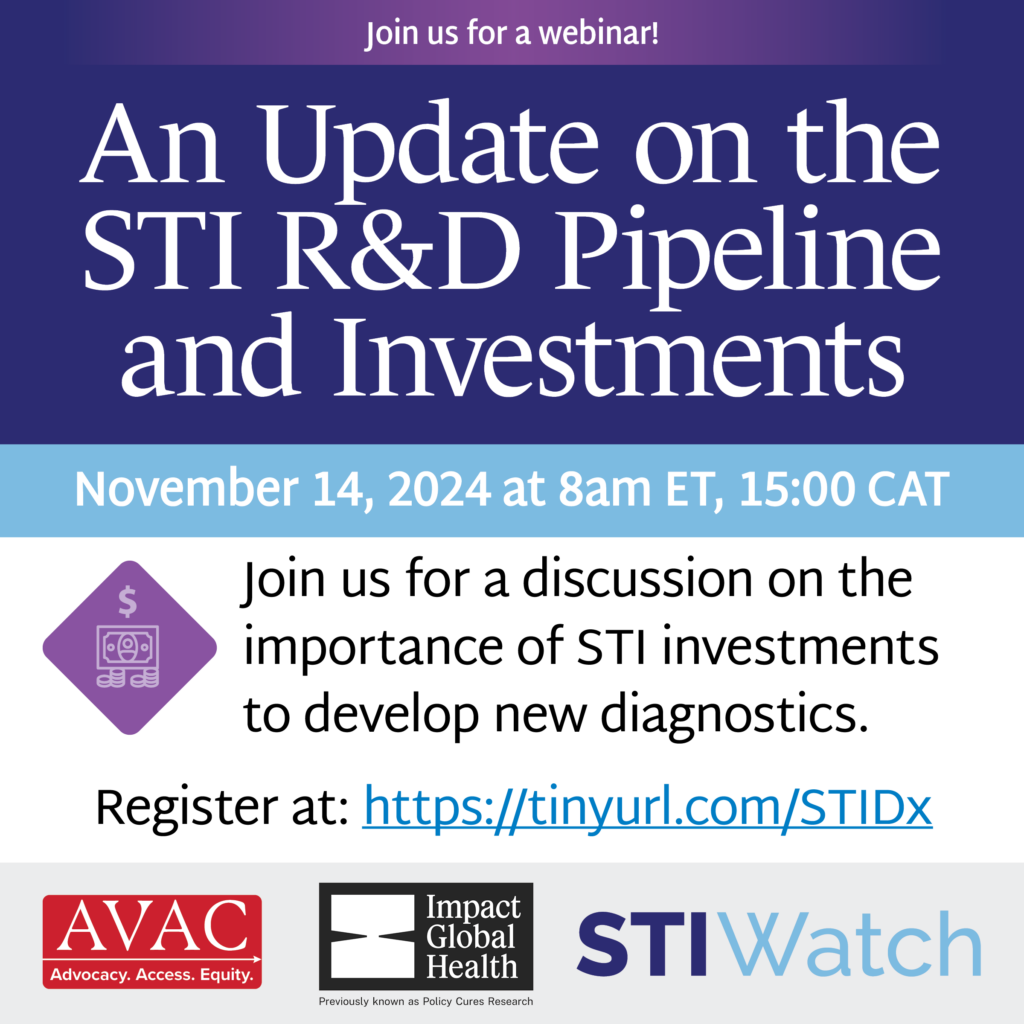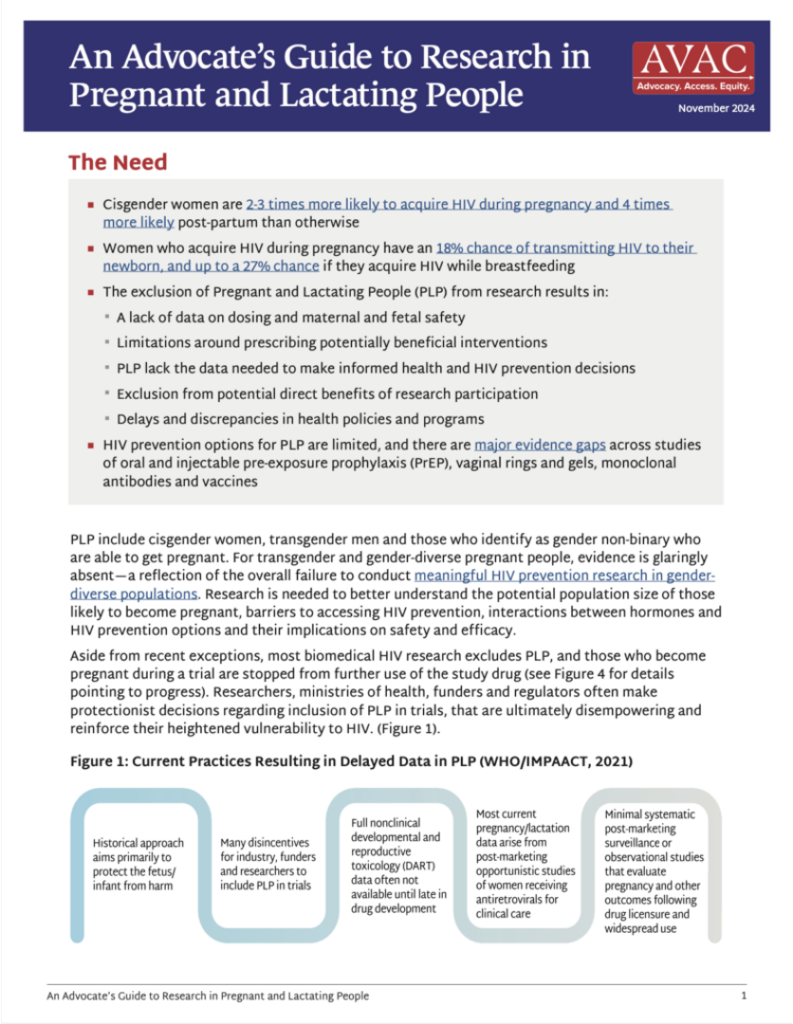Among the first actions of the new US Presidential administration, was the announcement of the intent to formally withdraw the US from the WHO, which jeopardizes global health collaborations, data sharing, and inhibits WHO’s ability to address global health emergencies (the US contributes 15% of its overall budget and 34% of emergency funding) among other things.
What Does It Say?
The Executive Order states that the US intends to withdraw from the WHO immediately, pause any future transfer of funds to the WHO, recall US government personnel who have been working in any capacity with the WHO, identify other partners who can take on the tasks previously undertaken by the WHO in partnership with the US government, replace the recently released 2024 US Global Health Security Strategy, and cease negotiations on the Pandemic Accord and International Health Regulations.
What Does it Mean for Global Health Advocacy?
While global health advocates were anticipating an announcement of withdrawal from the WHO, there isn’t a blueprint for how this works as it has never happened before. There is no public information about the number of US government employees that will be recalled and how far-reaching that order will be.
There are concerns about immediate impacts, such as WHO Executive Board resolutions that the US was leading or co-sponsoring (such as one on UHC last year) and what will happen to those resolutions. It is not expected that any US government personnel will attend the Executive Board.
The longer-term impacts of withdrawal from the WHO would be catastrophic. The US provides 15% of the WHO’s overall budget, including 34% of the funding for global health emergencies. There are 70 WHO Collaborating Centers hosted in the US. These Centers are an essential and cost-effective cooperation mechanism, which enables the WHO to fulfill its mandated activities. The impact on data sharing is even messier, as researchers and companies across the country depend on data shared through the WHO and vice versa for disease surveillance, to guide protocols and policies, direct aid and funding, and much more. Outside of the impact on global research collaboration, the halting of funds to the WHO would have a severe impact on the WHO’s ability to fulfill the mandate and obligations that Member States have assigned to them, such as providing centralized data repositories and supporting increased surveillance efforts.
The withdrawal from the Pandemic Accord and International Health Regulations negotiations may seem on the face of it to be a boon, given some historical US positions that are aimed at protecting industry partners. However, the US has long been a stabilizing force in international negotiations, and particularly in these two. Over the past three years of negotiations, US leadership has kept negotiations on track. For example, the US has not been the main adversary in negotiations on the Pathogen Access and Benefits Sharing system (probably the most contentious section of the agreement) and its influence was useful in moving countries that were more opposed. Without that influence, it’s hard to see a force with more leverage to move all countries toward a concrete agreement.
Across the globe, there are interests with large platforms that are placing blame for the COVID-19 pandemic on the WHO as a scapegoat for the negative effects on people’s lives (the deaths, the loss of employment, the curtailing of social life, the feeling of imposition of masks and other public health measures). Many of the Executive Orders coming out are aimed at changing who is in control of information, including this one.
What’s Next?
Restricting access to information is a global phenomenon and a public health threat. Many countries follow the US’s lead, so partners and activists will need to mount sustained grassroots campaigns to protect public health and educate communities. Civil society must demand that governments continue their commitments to multilateralism and the advance of global public health.
